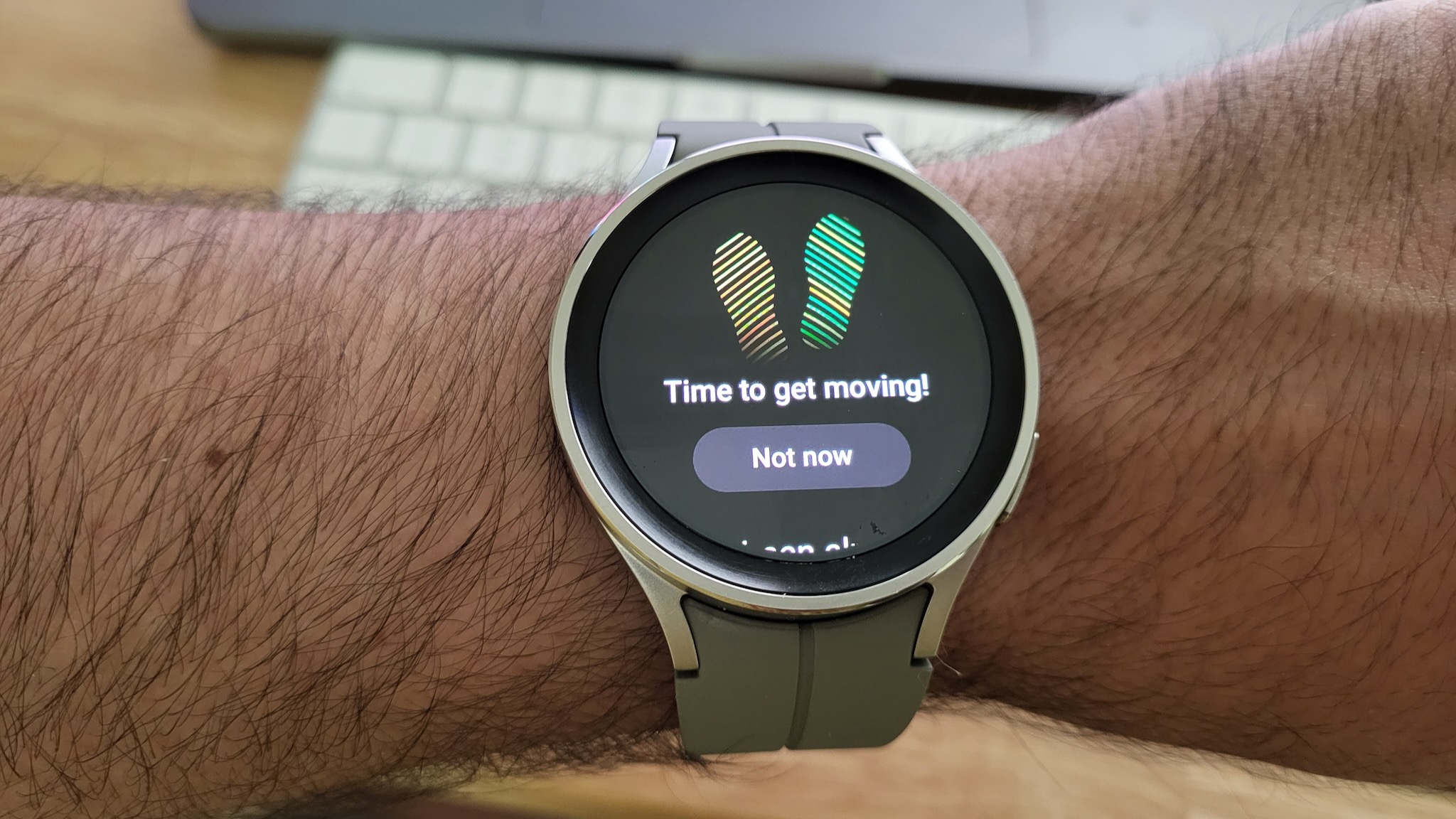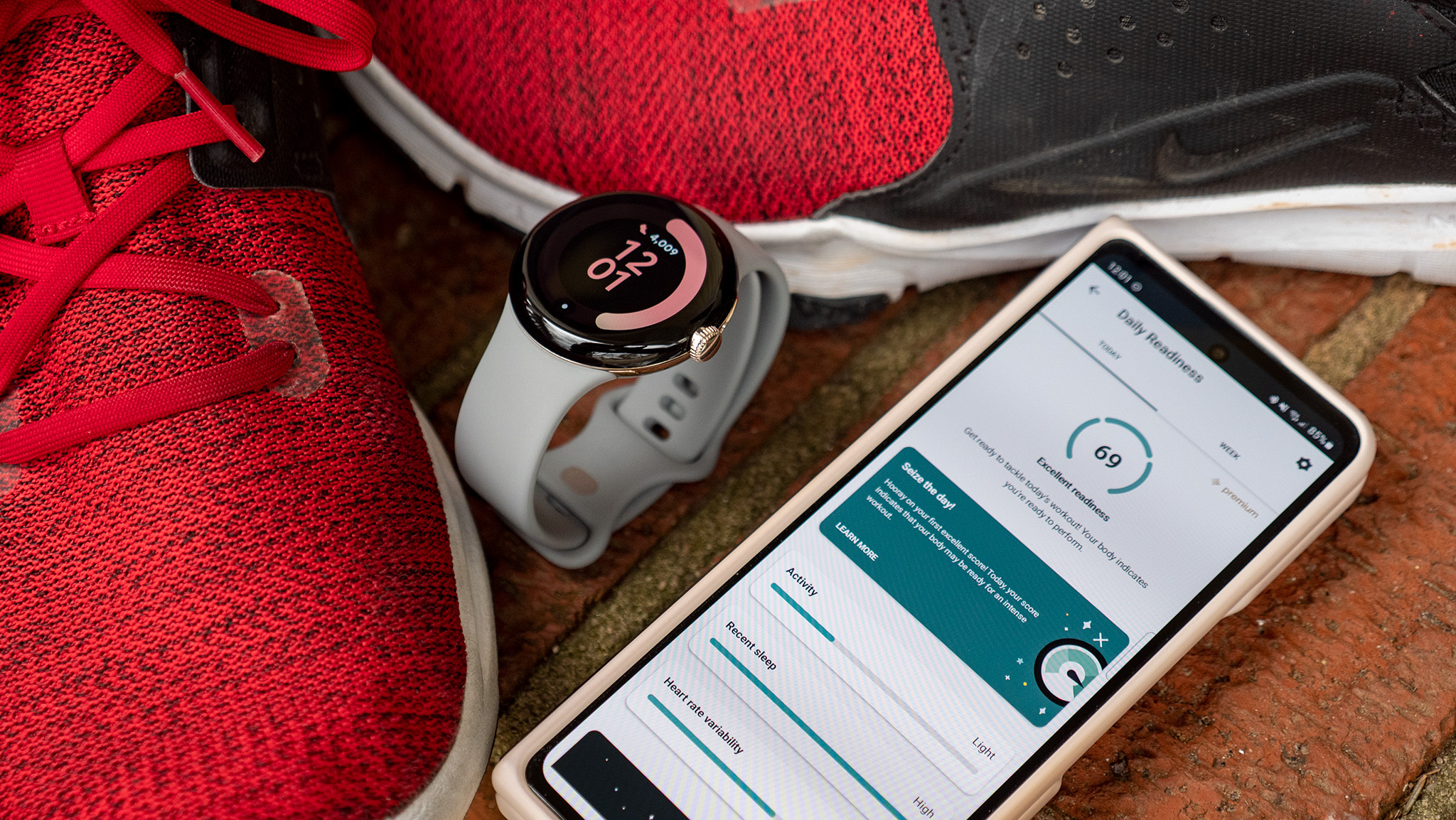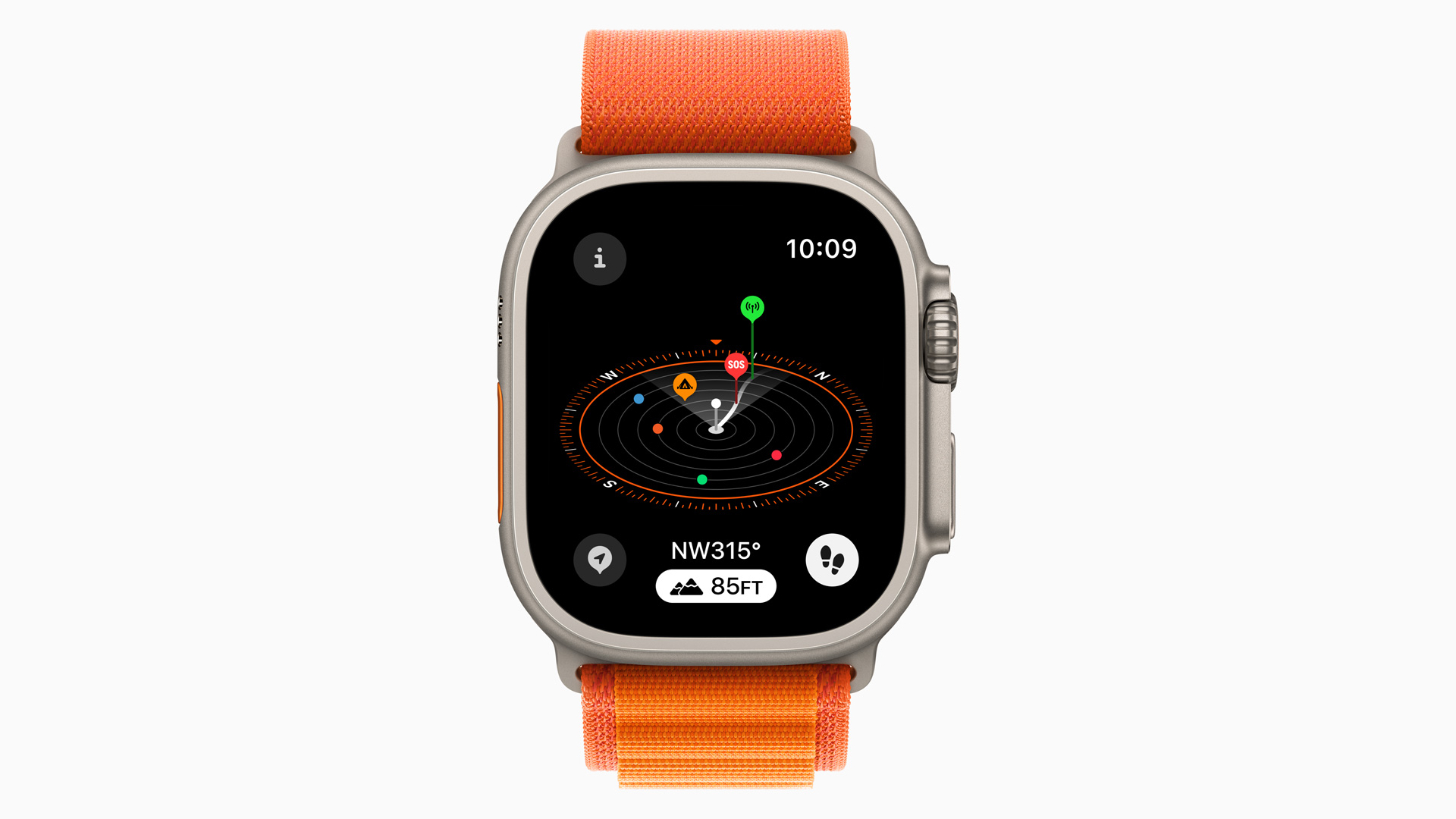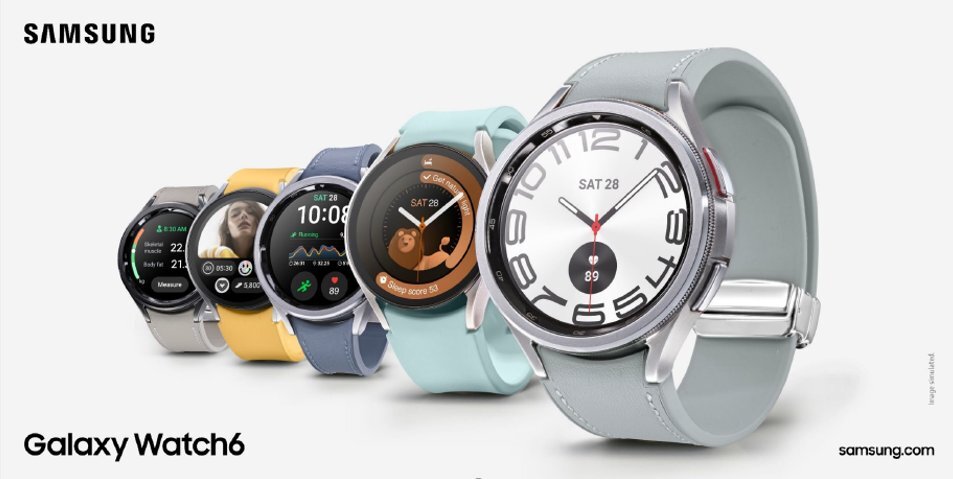The Galaxy Watch 6 needs to close the fitness gap on the Apple Watch
Apple can go all-out with watchOS 10, while Wear OS 4 arguably holds Samsung back.

Samsung is playing catch-up with Apple when it comes to fitness watch tech. Android superfans like to watch WWDC and laugh at all the "new" iPhone features they've had for years. But when it comes to Apple Watch and watchOS 10, it's the Galaxy Watch that's a year behind. And while some blame lies on Samsung, the bigger problem lies with Google and Wear OS.
The Samsung Galaxy Watch 6 and 6 Pro will arrive this summer, and we already know some of the new fitness features they'll receive via One UI 5 Watch: running heart rate zones, improved SOS and fall detection, and new sleep insights.
Plus, Samsung got FDA approval for passive irregular heart rate notifications, making it more useful for overall health tracking.
This is all vital to making Samsung Health more relevant for runners, so let's give credit where it's due. In most cases, some of the best Galaxy Watch running tech like custom intervals are buried in watch menus, and I'd bet a lot of athletes just rely on third-party running apps instead. I want Samsung to do more of this, not just focus on health data.
In this new column, Android Central Fitness Editor Michael Hicks talks about the world of wearables, apps, and overall fitness tech related to running and health.
But most of this tech (including AFib detection) appeared on last year's watchOS 9, which made great strides in making the Apple Watch Ultra and Series 8 more tempting to runners.
The only Samsung exclusive is Route Workouts for running via downloadable GPX maps, which is fairly niche; it may also be exclusive to the Galaxy Watch 5 Pro, since the base 5 didn't support it. And third-party watchOS apps do support GPX downloads.
Apple's new watchOS 10 is more focused on cycling — Functional Threshold Power (FTP) and custom power zones — and improved hiking maps. The latter is especially exciting: new topographic maps offer "contour lines, hill shading, elevation details, and points of interest," explaining the difficulty and duration of nearby trails. And the revamped Compass app points you to the nearest point your phone detected a signal to make an SOS or regular phone call.
Get the latest news from Android Central, your trusted companion in the world of Android
Plus, if you pay for Fitness+, you'll soon get "custom plans" that can change workout parameters "based on day, duration, workout type, and more."
Apple is clearly trying to take on the best Garmin watches with its emphasis on training plans and hiking maps. I don't think they've caught up yet by a longshot — I'll wear my Forerunner 265 over a Series 8 in a heartbeat, despite its limited smart tech — but Apple athletes can be comforted knowing Apple isn't resting on its laurels.
I'm not sure Samsung, the king of the Android watch ecosystem, gives the same reassurance to runners.
Generally speaking, I'm excited for the Galaxy Watch 6. It'll allegedly get a slight battery life bump and a 10% performance boost from its new Exynos chip, ho-hum. I'm more interested in the return of the physically rotating bezel in the 6 Classic.
While I liked the Galaxy Watch 5 Pro for its epic battery life and fast performance, I didn't like its reliance on the touchscreen during runs, and it didn't have much in the way of fitness exclusives. As someone who loves crowns on running watches, I'm more interested now in trying the 6 Classic's rotating bezel, instead. It'll even have Apple's popular crown beat for ease of use.
Optimism aside, Samsung's smartwatch health and fitness tech has had its fair share of issues. It only activated the new skin temperature sensor in mid-April, about eight months after the initial GW5 release date — not to mention the whole blood pressure monitoring mess that never resolved itself. Plus its GPS and heart rate data have never proved especially accurate compared to dedicated fitness watches.
There's also the simple fact (okay, it's my opinion) that Google is throwing Samsung, Fossil, Mobvoi, and the rest under the bus when it comes to wearable fitness.
Google is so focused on pushing Fitbit Premium subscriptions on the Pixel Watch that it stopped paying attention to its own Google Fit app, let alone other Wear OS brands' proprietary software. While Apple can put all its focus on tailoring fitness features to Apple silicon, Google is juggling priorities and hanging its partners out to dry.

Wear OS 4 added new software and watch faces but nothing on the fitness front. Samsung had to handle the above upgrades entirely on its own. And other Wear OS watches are struggling to even update to the last Wear OS generation, let alone this one. It's a recipe for stagnation.
I don't begrudge Google for trying to sell its own hardware with exclusive tech. Given that sweat allegedly makes the Pixel Watch's back fall off, though, it's hard to recommend as a running watch these days. Google itself is only just adding SpO2 to its watches, 8 months after launch. Maybe the Pixel Watch 2 will do better on the fitness front, too.
Samsung's smartwatch sales are perfectly good without pivoting back towards its Active watch days. But even though I've included the Galaxy Watch 5 on our list of the best running watches, it's only there for readers who can't give up on lifestyle features that Garmin or COROS watches lack, and because other Wear OS watches fall short of Samsung on fitness.
The Galaxy Watch 6, if it lives up to its predecessors' quality, should be the undisputed best Android watch of the year. That being said, I still think Samsung needs to pay more attention to the fitness side of its Health app before it can gain more relevance for athletes. So I really hope Samsung has more fitness tricks up its sleeve when it announces the Galaxy Watch 6 this summer.

Michael is Android Central's resident expert on wearables and fitness. Before joining Android Central, he freelanced for years at Techradar, Wareable, Windows Central, and Digital Trends. Channeling his love of running, he established himself as an expert on fitness watches, testing and reviewing models from Garmin, Fitbit, Samsung, Apple, COROS, Polar, Amazfit, Suunto, and more.


